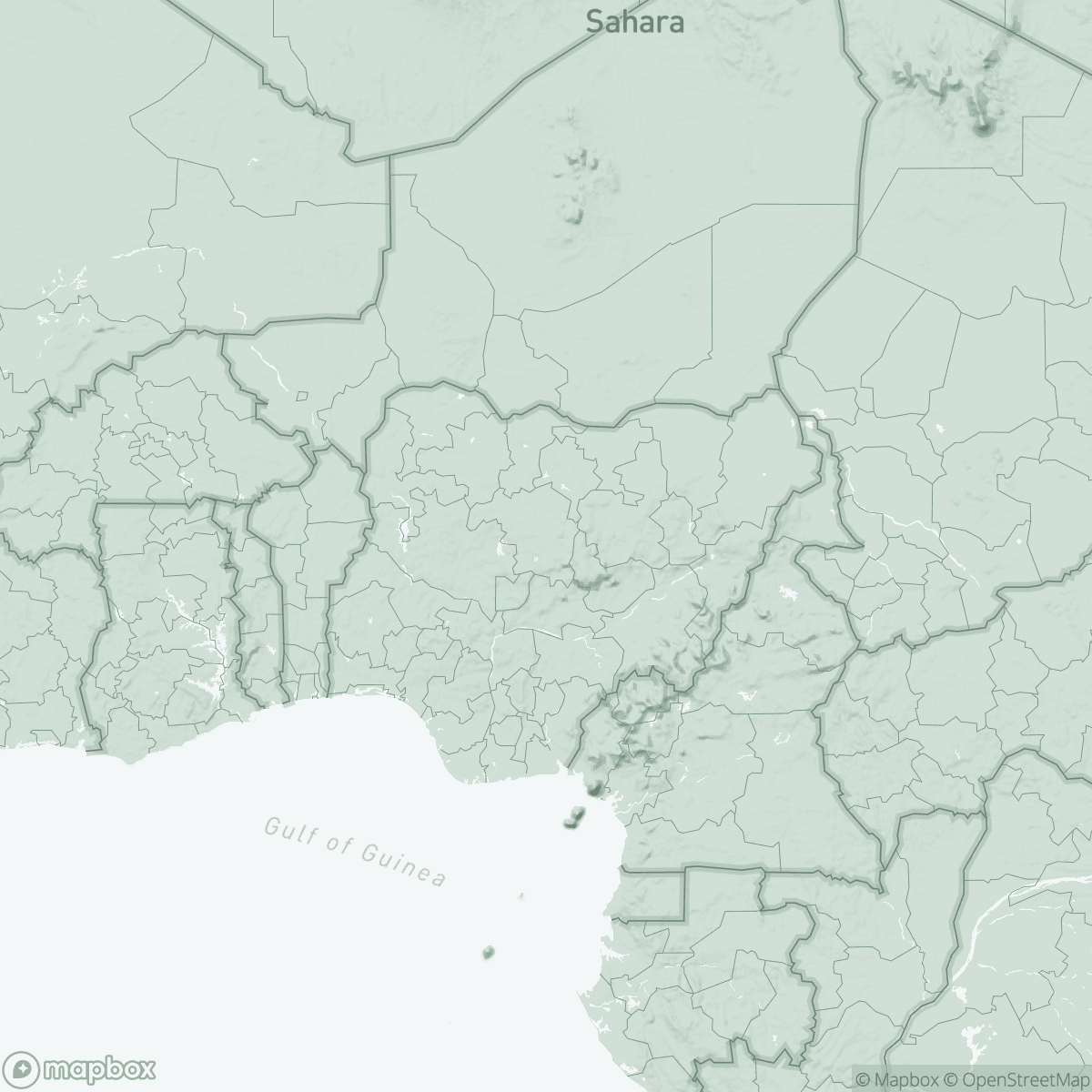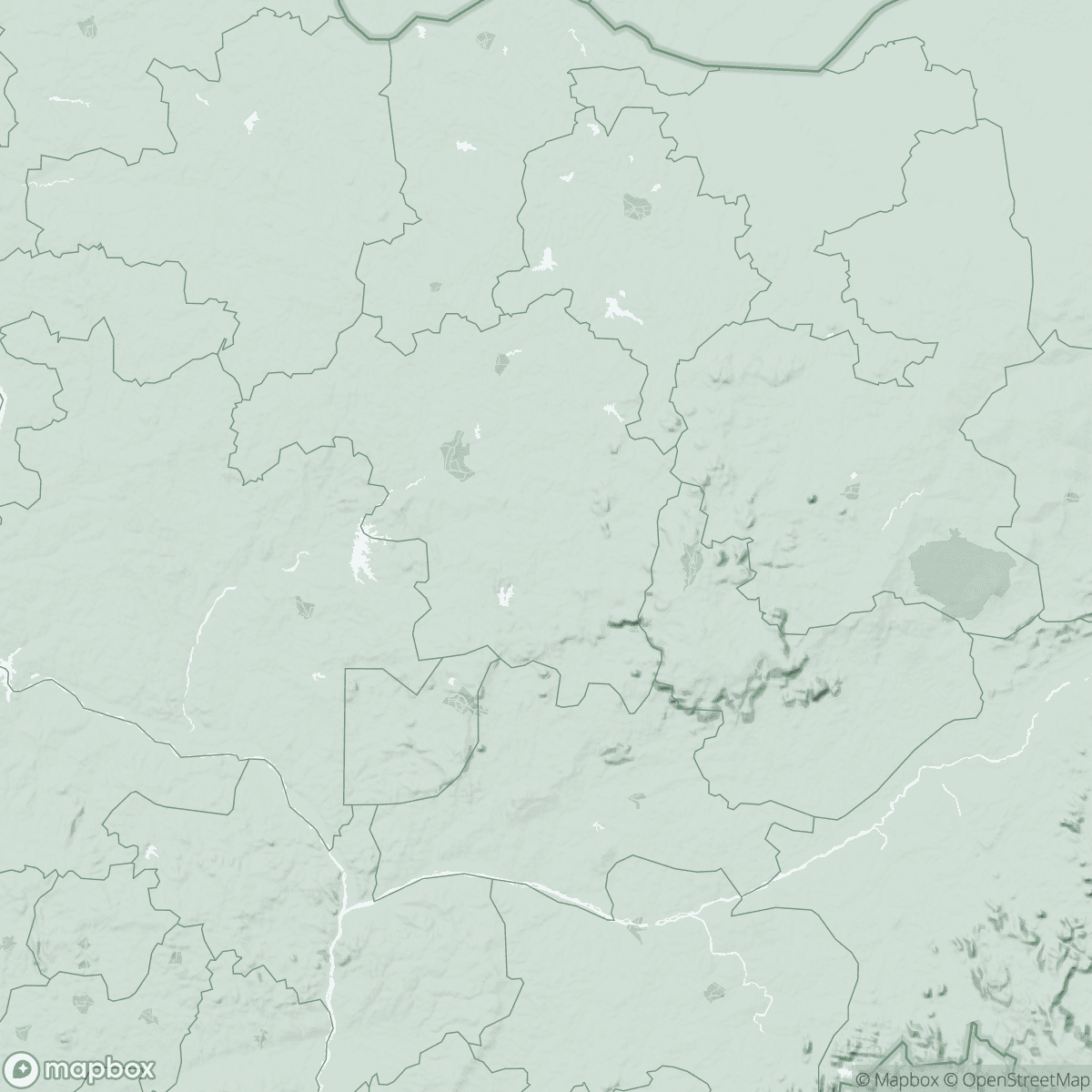
Nigeria
Médecins Sans Frontières (MSF) is working in Nigeria to address the many health challenges, including alarming malnutrition rates and disease outbreaks, posed by continued violence, natural hazards, and a lack of healthcare.
Our activities in 2024 —
outpatient consultations
routine vaccinations
malaria cases treated
children admitted to outpatient feeding programmes
patients admitted to hospital
children admitted to inpatient feeding programmes
births assisted
people treated for measles
individual mental health consultations
Many healthcare facilities are barely functioning, due to understaffing and drug shortages, while some have closed altogether. The ones that remain open are often inaccessible to people struggling with rapid inflation and widespread poverty.
During the year, MSF teams continued to support people fleeing violence, and respond to outbreaks of preventable diseases such as cholera, Lassa fever, and measles, which have become recurrent in the country, due in part to extremely low vaccination coverage. Nigeria is already experiencing the impacts of the climate crisis, and in 2024 was hit once again by severe floods, which destroyed homes and crops, compounding these health issues.

Malnutrition
In 2024, we again saw a significant increase in malnutrition admissions at MSF centres compared to the previous year. We expanded the capacity at our facilities to manage the growing caseload, but the influx was so overwhelming that, in some locations, we had to set up makeshift beds for up to 100 patients each day.
Throughout the year, we conducted multiple assessments to screen for malnutrition. In Zamfara, a quarter of the children screened in two locations were identified as malnourished. In Katsina state, we found evidence of a major malnutrition crisis; the level of malnutrition in some areas had doubled compared to 2023. And in Kebbi state, we also saw indications of a doubling of malnutrition rates compared to two years before.
Our teams reported these high levels of malnutrition across our 11 inpatient feeding centres and 31 outpatient centres in the north of the country. In these facilities, we also ran health education sessions regarding nutrition, and offered mental health support for children and their parents.
Community engagement was a key part of our work. In Kebbi state, in addition to managing an intensive nutrition centre, we gave cooking demonstrations to encourage nutritional diversity using the ‘Tom Brown’ method, which involves making a porridge with a blend of grains and legumes. In Bauchi state, we trained community health workers in the early detection and treatment of malnutrition.
Women’s health and sexual violence
In 2024, we opened a new referral hospital for emergency maternal and obstetric health in Borno state. This hospital provides treatment for women with life-threatening complications, such as eclampsia or post-partum haemorrhage, and has a neonatal intensive care unit for premature babies and newborns with conditions such as jaundice. In this collaborative project, MSF teams train and work alongside Ministry of Health staff.
Meanwhile, we handed over our project in Benue state, which included sexual and reproductive healthcare and treatment for sexual violence, to the Ministry of Health and other organisations. In Jahun, we continued providing comprehensive emergency obstetric and neonatal care, including surgical repair for obstetric fistula.
Disease outbreaks and vaccination campaigns
Our teams launched emergency activities in response to diseases in 2024, including several cholera outbreaks across the country, and Lassa fever in Bauchi. In December, we handed over to the Ministry of Health our regular Lassa fever project in Ebonyi, which had focused on addressing stigmatisation in the community and providing mental health support for patients. We also handed over the diphtheria project we had been running in Kano, in response to the huge outbreak in 2023.
One of the reasons we see such high numbers of vaccine-preventable diseases, such as measles and meningitis, is the low vaccination coverage across the whole of northern Nigeria. MSF carried out a range of activities to address this issue, vaccinating children in Zamfara and Adamawa states against measles, and supporting health authorities in Gombe and Yobe states by donating medicines, and training staff to treat meningitis and administer vaccines to children. In September, we launched a vaccination campaign in Sokoto state to protect against tetanus, diphtheria, and other diseases.
In 2024, the malaria vaccine was used for the first time in several states. In Kebbi, MSF teams supported the Ministry of Health with the rollout.
Natural hazards
In August and September, severe flooding hit several parts of Nigeria, destroying homes and displacing thousands of people. In both Gummi, Zamfara state, and Maiduguri, Borno state, MSF responded by conducting medical and mental health consultations and referrals, and carrying out water and sanitation activities, including supplying water in trucks and tanks, rehabilitating boreholes, and installing and repairing latrines.
As climate-related events continue to have an impact on communities in Nigeria, we are committed to reducing our carbon emissions. In 2024, three hospitals – in Borno, Jahun and Bauchi – supported by MSF finalised their solar panel installation; the one in Bauchi is now run entirely on renewable energy.
Violence and displacement
Years of insecurity and fighting between government forces and armed groups in northeast Nigeria have forced thousands of people from their homes. Most now live in appalling conditions in displacement camps, with little access to food or healthcare. In 2024, we continued to deliver basic healthcare through mobile clinics in camps in Maiduguri, scaling up these activities in September, when there was a new influx following the floods.
Armed violence in northwest Nigeria has also displaced thousands of people, severely disrupted agricultural activities, and caused health facilities to cease functioning, aggravating the humanitarian crisis in this region. In addition to our regular activities in Zamfara’s Shinkafi and Zurmi local government areas, we ran mobile clinics in displacement camps to provide basic healthcare and referrals for people who had fled from the surrounding villages. Our teams also provided relief items and healthcare services to displaced communities in Sokoto.
Noma
Noma is a disfiguring and potentially deadly infection most common in young children. Following its landmark inclusion in the World Health Organization’s list of neglected tropical diseases, MSF continues to call for greater recognition of noma, and investment for research and treatment, through international and national conferences and awareness-raising events. Throughout the year, we supported the transformative surgical programme for noma patients at the dedicated hospital in Sokoto.

